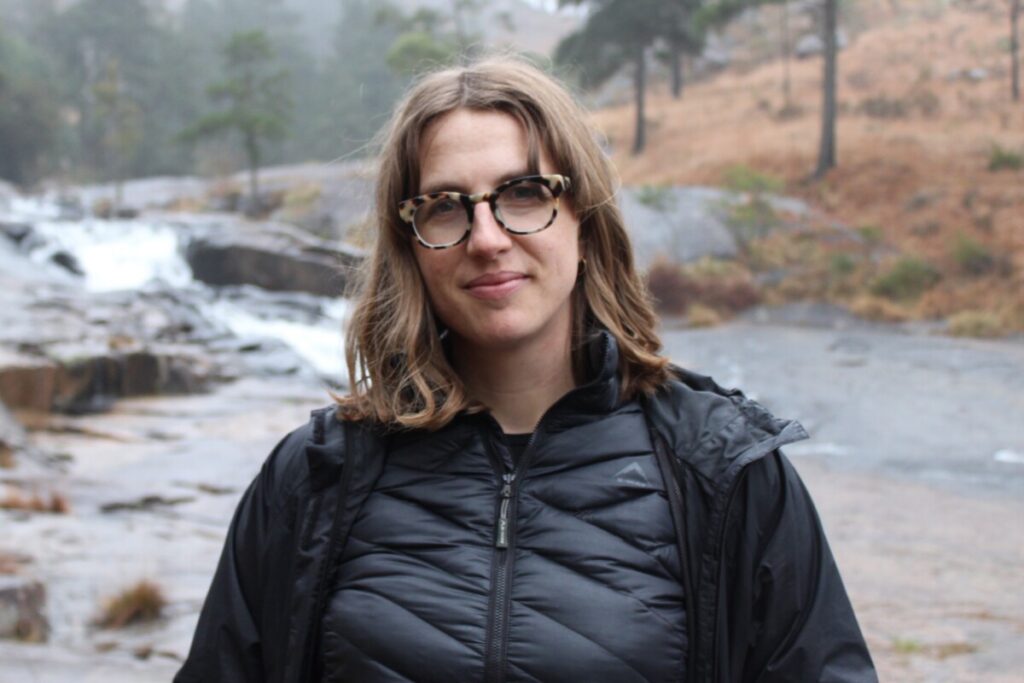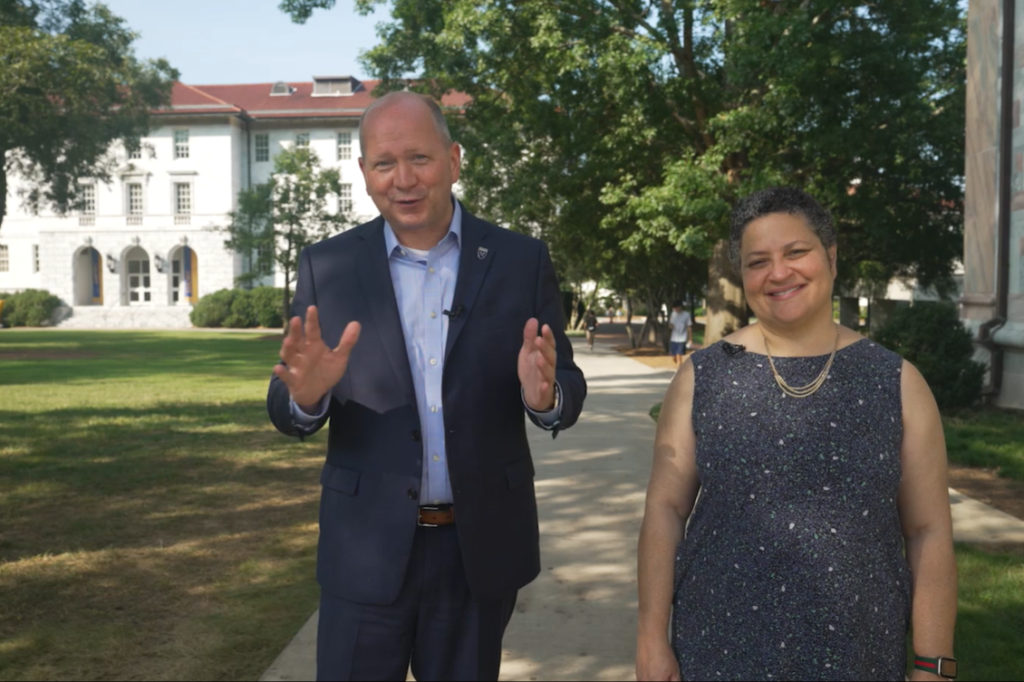
Earlier this year, Emory History Department PhD candidate William (Robert) Billups investigated connections between antisemitic networks in South Africa and civil rights opponents in the US South. Emory’s Tam Institute for Jewish Studies (TIJS) supported Billups’ research on this topic, which included three weeks at two South African archives, the Kaplan Centre for Jewish Studies and the University of the Free State’s Archive for Contemporary Affairs. Records from those archives helped Billups to understand the links between some US civil rights opponents and far-right groups outside of the US.
In an excellent reflection on the research published by the TIJS, Billups writes:
“As KKK members increasingly perpetrated violence in the civil rights South, some white South Africans sought to join US-based KKK organizations. To study South African Klan members, I spent two weeks in the Archive for Contemporary Affairs in Bloemfontein. Following guidance from the South African historian Milton Shain and the archivist Lwazi Mestile, I focused on the papers of Ray Rudman, South Africa’s self-described Klan leader during the 1950s and 1960s. Rudman’s papers contained letters and recruitment materials about joining a Klan organization based in Waco, Texas.
I expected white South African Klan recruits to describe their opposition to the anti-apartheid movement, a liberation movement that in many ways paralleled the US civil rights movement, as their main motive for joining. Some did. But to my surprise, antisemitic beliefs that far-right South Africans shared with US-based Klan leaders seemed to them an equally important connection, if not a more important one. They described entering the Klan as joining US white supremacists in fighting the supposed international Jewish conspiracy that they falsely believed controlled world communism, the civil rights movement, and the anti-apartheid movement.”
Billups received his doctorate in May 2024. He completed his dissertation, “‘Reign of Terror’: Anti–Civil Rights Terrorism in the United States, 1954–1976,” under the advisement of Drs. Joseph Crespino and Allen Tullos. Billups was recognized for his stellar record of research with the Laney Graduate School’s Outstanding Scholarly Research Award.








